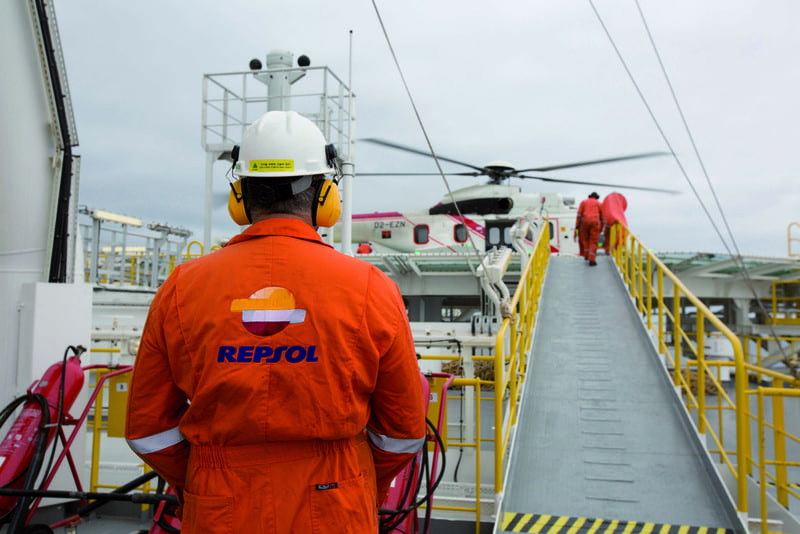Kanuku block operator, Repsol, has applied for a new exploration license for the acreage. Guyana’s Vice President Dr. Bharrat Jagdeo confirmed this in a comment to OilNOW on Thursday. He said the government has to consider it.
Repsol appears to be encouraged by what it has learned from its decade with the block, though no commercial discoveries were made.
The most recent drilling operation was conducted at the Beebei-Potaro exploration well. Repsol encountered good quality reservoir in the primary and secondary targets in 2022, but both targets were water-bearing. That well was targeting around 200 million barrels of recoverable resource. Before that, Repsol had announced in January 2020 that it discovered four metres of net oil pay at the Carapa-1 well. While uncommercial, Tullow said at the time that it was “an important technical discovery.”
The Kanuku petroleum agreement indicates the license should have expired naturally in May 2023. Though it was expected to relinquish the acreage, Guyana’s Maritime Administration announced early August that Repsol is conducting environmental surveys.
Under the spent license, Repsol holds the operatorship of the Kanuku block with a 37.5% working interest. Tullow holds 37.5% with TotalEnergies/Qatar Petroleum (TOQAP) holding 25%.
Officials have not yet discussed Repsol’s application for a new license, the Vice President related.
The Guyana government is now more inclined to issue oil blocks to companies through competitive tender, having received flak for issuing oil blocks through direct negotiations in the past. Critics have questioned the efficacy of the direct negotiation process to deliver the best terms for Guyana, transparently. The Petroleum Activities Bill, recently passed in Parliament, requires the Minister responsible for the sector, to issue licenses via competitive tender. To bypass this, the Minister would need the approval of Cabinet, headed by the President. And the decision has to be justified as being in the national interest.
If Repsol ends up getting the block black, it would have to operate under very different terms. Guyana’s new model petroleum agreements, applicable to all new and existing blocks (except for Stabroek), are way more stringent about sticking to obligations and moving to development – not that Repsol has ever been identified as problematic, in this regard.
Under the spent license, there is a 75% cost recovery ceiling. That would drop to 65% with the new terms. The old license also has a sliding profit share, with the government getting a bigger portion of the production as output increases. With the new agreement, there is a flat 50/50 split. The old 1% royalty would increase to 10%.



